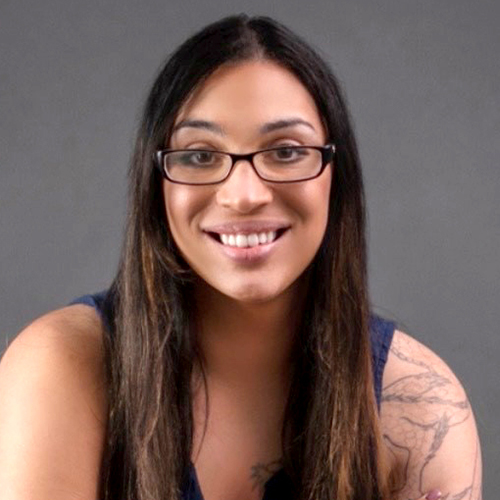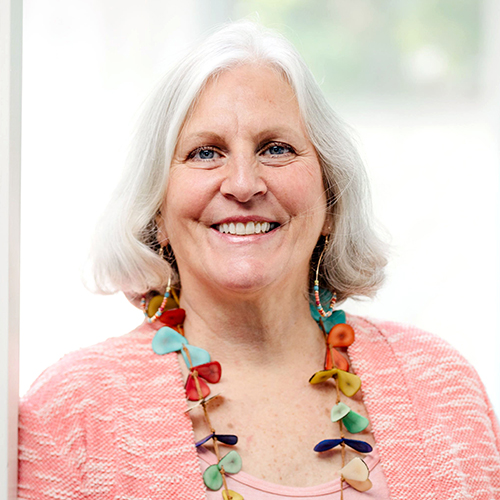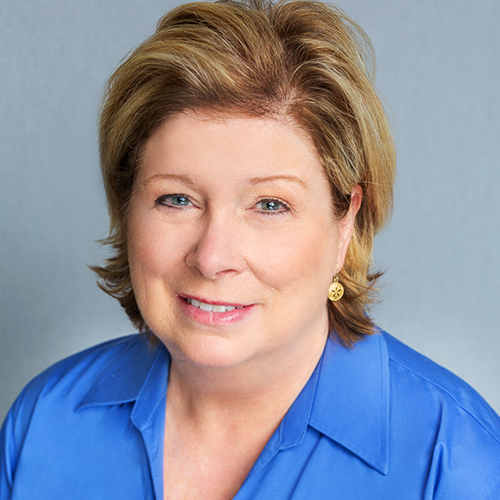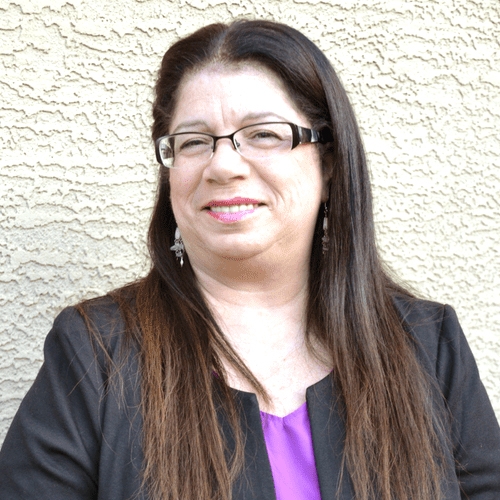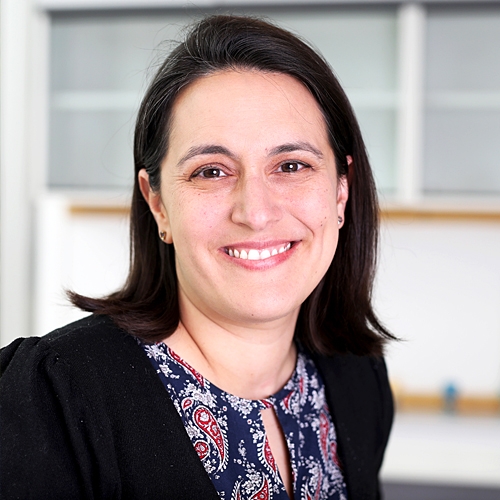 IBCLC Detailed Content Outline: Development and Nutrition / Infant Focused CERPs - Section I A
IBCLC Detailed Content Outline: Development and Nutrition / Infant Focused CERPs - Section I A
Access CERPs on Development and Nutrition / Infant for the IBCLC Detailed Content Outline recertification requirements. On-demand viewing of the latest Development and Nutrition / Infant focused IBCLC CERPs at your own pace.


Autumn R. Henning, MS, CCC-SLP, is a certified and licensed Speech-Language Pathologist with Certificate of Clinical Competence from the American Speech-Language Hearing Association (ASHA). She graduated Magna Cum Laude from the University of Kentucky with her Bachelor’s and Master’s Degrees in Communication Disorders. Autumn is a recognized provider by Ankyloglossia Bodyworkers, has been a guest presenter for Creating a Care Plan for Tongue Ties and delivered a webinar through Innara Health entitled Tethered Oral Tissues: What’s a Therapist to do?. She has served on local breastfeeding professional panels and delivered numerous presentations to parents and medical professionals. Autumn has completed specialty continuing education including Beckman Oral Motor, Vital Stim, and Foundations in Myofascial Release for Neck, Voice, and Swallowing as well more than a dozen professional courses on pediatric feeding and related topics. She is pursuing further education in the areas of lactation and orofacial myology. Autumn has experience working in the school system, early intervention, an ABA center and outpatient clinics including a nationally award-winning intensive feeding program. Autumn currently specializes in pediatric feeding at a non-profit outpatient clinic in Greenville, SC and serves on the board. She recently founded a continuing education company, Chrysalis Feeding, LLC. The flagship course is TOTS: Tethered Oral Tissues Specialty Training that launched this Fall.
This presentation is an introduction to tethered oral tissues and their impact on oral function beyond breastfeeding. Participants will learn about the oral skills necessary for proper speech and solid feeding and how tethered oral tissues alter this optimal function. Participants will learn how to effectively communicate with patients, families, and other medical professionals on this topic and make appropriate referrals with recognition of signs and symptoms affecting oral function.
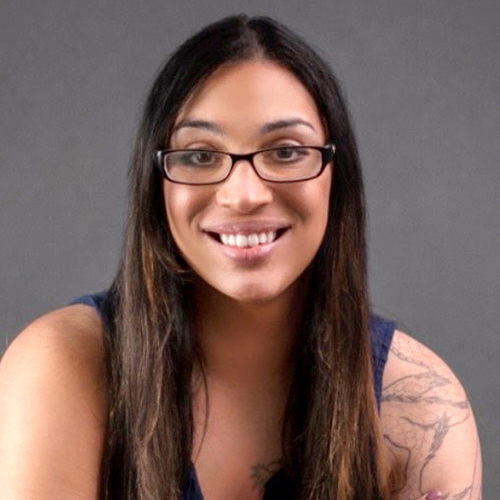

Shondra Mattos is an IBCLC, Entrepreneur & Speaker who delivers progressive, up-to-date lectures that challenge the current standard of Lactation Care. She is widely regarded as the go-to source for those looking for clear, understandable clinical knowledge.
In 2018, Shondra rebranded her lactation practice Mattos Lactation and provided location-independent lactation support to families across the country. In 2020 she founded Lactnerd LLC with the focus of helping healthcare providers gain knowledge while conquering the intimidation of learning the complex science of Lactation.
Through her companies- Lactnerd & Mattos Lactation - she provides tools, resources, education & mentoring to aspiring and established lactation professionals across the USA.
This presentation will cover skills & strategies of conducting assessments of oral dysfunction in a telehealth setting, a situation many Lactation providers were thrusted into due to Covid-19. Through real life examples of processes & strategies I use in my location-independent practice which specializes in oral dysfunction, the learner will gain practical insight to improve the quality of the virtual lactation visits they provide.
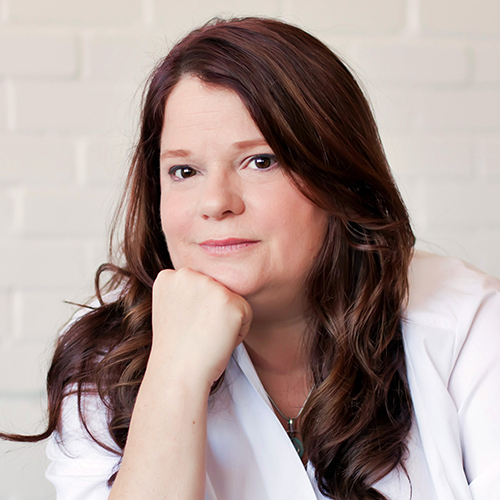

Barbara D. Robertson, IBCLC, has been involved in education for over 34 years. She received a Bachelor’s degree in Elementary Education in 1988 and her Master’s in Education in 1995. Barbara left teaching elementary students in 1995 to raise her two children. Barbara is now the Director of The Breastfeeding Center of Ann Arbor and of the brand new business LactaLearning.
The Breastfeeding Center of Ann Arbor will still continue to serve breast/chestfeeding families and now LactaLearning will be dedicated to all of Barbara’s professional lactation trainings. Barbara has developed two 95 hour professional lactation training, a group training and a completely self study training with Nancy Mohrbacher. Barbara’s idea of creating professional book groups has exploded with her hosting Making More Milk with Lisa Marasco, Supporting Sucking Skills with Cathy Watson Genna, Breastfeeding Answers, 2nd Edition with Nancy Mohrbacher, and new for the fall, Safe Infant Sleep with Dr. James McKenna. Barbara will be hosting a one day online conference in the fall with Lisa Marasco and Cathy Watson Genna using all of her tech savvy skills to make this a one of a kind experience. Barbara is also a speaker for hire on a wide variety of topics including Motivational Interviewing. Barbara volunteered for the United States Lactation Consultation Association as the Director of Professional Development for 4.5 years.
She just retired as Associate Editor for Clinical Lactation, a journal she helped create for USLCA. Barbara has free podcasts, a blog, and Youtube videos which can all be found on her websites lactalearning.com and bfcaa.com. She has written many articles as well. She loves working with parents and babies, helping them with breast/chestfeeding problems in whatever way she can.
Topic: Breastfeeding: Baby’s First Milestone - [View Abstract]
Topic: Clinical Assessment and Management of Low Milk Production - [View Abstract]
Topic: Deconstructing Online Messaging: Ethical Considerations - [View Abstract]
Topic: Milk Sharing and Milk Banking: Building Knowledge for Better Outcomes - [View Abstract]
Topic: The Baby's Not Gaining Weight! Now What? - [View Abstract]
Topic: The Great Nipple Shield Debate - [View Abstract]
Helping families determine if an infant is gaining weight appropriately in the first months after birth is an important part of a lactation consultants work. Being able to assess for the signs of a healthy, well-fed infant is critical to this work. If an infant is not gaining appropriately, calculating how much extra food the infant needs to grow properly, what this infant will be fed, identifying why this is happening, and providing possible solutions allows families to work on preserving breastfeeding while improving the breastfeeding relationship.
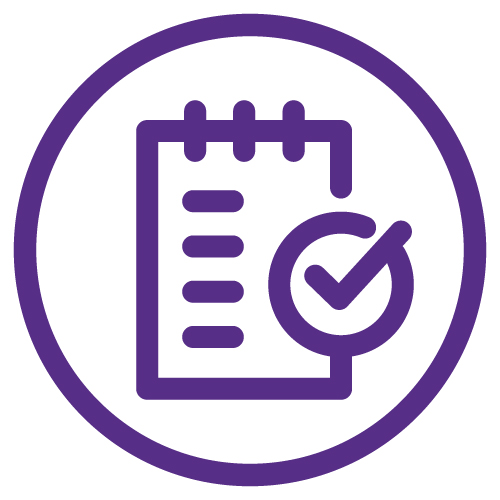
View Details / Enroll
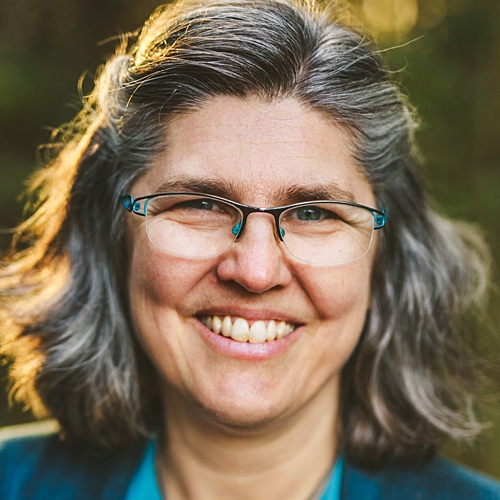
The Compensatory Mechanics of Suck for Babies with Oral Tethering: How to Identify and Treat after Revision

Ellen Chetwynd PhD MPH RN BSN IBCLC is a breastfeeding researcher, lactation consultant, and advocate. Her goal is to provide excellent care that is innovative and effective. Her clinical care is equally informed by, and leads to, her research and collaborations with fellow scientists. She is an advocate of breastfeeding families of all shapes, as well as the providers who care for them. Through her work as Chair of the North Carolina Breastfeeding Coalition she has contributed to the statewide work to provide Medicaid reimbursement in North Carolina, successfully funded a project to support clinics seeking to become breastfeeding friendly and increase access to equitable support of breastfeeding, implemented a statewide breastfeeding summit, and created an interactive statewide resource listing for breastfeeding resources at the county level. In her lactation consulting work, she is sought out by parents and clinicians for her work with difficult cases of pain and dysfunctional infant suck. She is a prolific writer, and her research and publications cover topics including breastfeeding and metabolic health, reimbursement for lactation consulting, LGBTQI+ families, and breastfeeding research methodology. She recently created and co-taught a full day workshop on breastfeeding research methods, and gets fired up about the numbers behind what we do to support families. At Next Level Lactation LLC, she and her partners provide advanced lactation educational opportunities.
Babies with oral tethering don't have access to the full range of motion needed to create negative pressure at the back of their mouths so they can draw milk out of the effectively and painlessly. We can all assess the latch, but what is happening with the tongue, the breast and nipple, and the other muscles involved in the mechanics of suck after the baby’s mouth closes over the breast? How do we identify compensatory mechanisms convince babies to change them with the broader mobility they have after frenotomy? This presentation will teach participants how to visualize/experience normal infant suck. Compensatory suck mechanisms are the techniques that infants use during feeding when they don’t have access to adequate movement in their tongue and floor of their mouth. Infants are creative, and the strategies they develop are varied. Participants will learn how to identify and categorize compensatory mechanisms and use clinical skills to differentiate and assess muscle tension related to overuse and suck mechanics at the breast. A unique set of clinical techniques that can be used by the lactation consultant and taught to the mother addressing each category of compensatory suck mechanics will be introduced and illustrated through case studies.
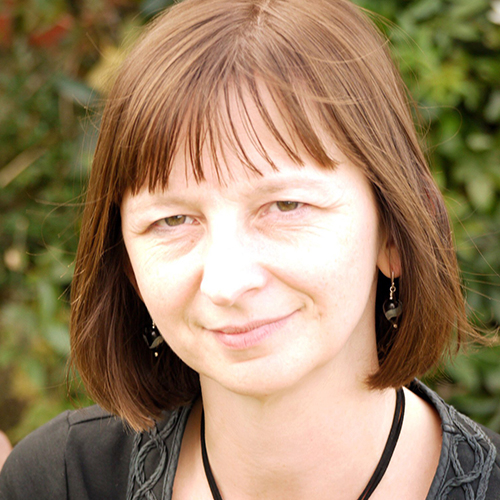
The Elephant In The Room - Bleeding Post Tongue-Tie Division

Sarah is a Registered General Nurse, Health Visitor, International Board Certified Lactation Consultant and Tongue-tie Practitioner with a busy private practice based in Cambridgeshire, UK. Sarah is a founder member and former Chair of The Association of Tongue-tie Practitioners and has written a book for parents and professionals, ‘Why Tongue-tie Matters’. Sarah lectures nationally and internationally on infant feeding and tongue-tie.
Topic: COVID-19 and Implications for Tongue-Tie Division in Infants - [View Abstract]
Topic: Is This a Tongue-Tie: How Do We Decide? - [View Abstract]
Topic: The Elephant In The Room - Bleeding Post Tongue-Tie Division - [View Abstract]
This presentation explores professional and lay perspectives on bleeding post tongue-tie division. It will examine what constitutes abnormal bleeding and why this may occur. Risk assessment and reduction will be discussed. Management strategies that have been found to be effective, along with the development of guidelines on bleeding by the Association of Tongue-tie Practitioners will be described.
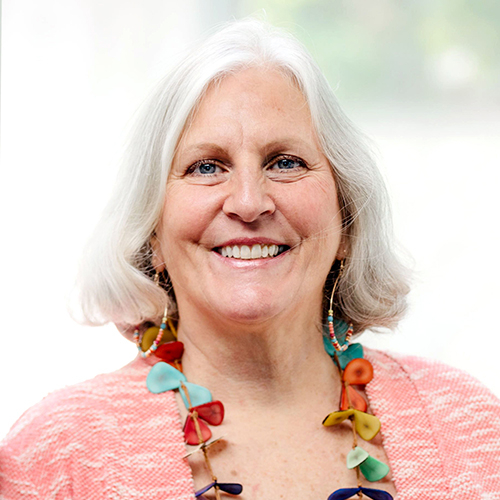
The Impact of Bodywork on Infant Breastfeeding

Dr. Hazelbaker has been a therapist in private practice for over 30 years. She specializes in cross-disciplinary treatment and to that end has taken training in several modalities to best assist her clients. She is a certified Craniosacral Therapist, a Lymph Drainage Therapy practitioner, a Tummy Time™ Trainer, a Haller Method practitioner, A Pre and Perinatal Psychology Educator, a Lactation Therapist Diplomate, an International Board Certified Lactation Consultant and a fellow of the International Lactation Consultant Association.
She earned her Master’s Degree from Pacific Oaks College (Human Development specializing in Human Lactation) and her doctorate from The Union Institute and University (Psychology, specializing in Energetic and Transformational healing.)
People recognize her as an expert on infant sucking issues caused by various structural problems like torticollis, plagiocephaly, brachycephaly and tissue shock-trauma. She invented the Hazelbaker™ FingerFeeder and the Infant Breastfeeding CranioSacral Protocol™ to assist in the resolution of this type of infant sucking dysfunction.
Topic: Cranial Nerves: A Critical Component of the Process of Breastfeeding - [View Abstract]
Topic: Creating Flow: Using Lymphatic Drainage Therapy for Breastfeeding Issues - [View Abstract]
Topic: Finger Feeding: What Do We Know? What Should We Know? - [View Abstract]
Topic: Gamechangers: New studies that will change the way we think about tongue-tie - [View Abstract]
Topic: Infant Trauma: Impact on Breastfeeding - [View Abstract]
Topic: The Faux Tie: When is a "Tongue-tie" NOT a Tongue-tie? - [View Abstract]
Topic: The Impact of Bodywork on Infant Breastfeeding - [View Abstract]
Topic: What Does Torticollis Have to do with Breastfeeding? - [View Abstract]
This session addresses the types of breastfeeding problems that respond to bodywork. Dr. Hazelbaker presents examples of structurally related sucking dysfunction that indicates the need for bodywork. She discusses the three major release areas that must be addressed to resolve the sucking issue.
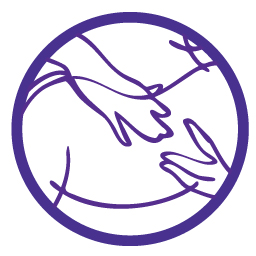
View Details / Enroll
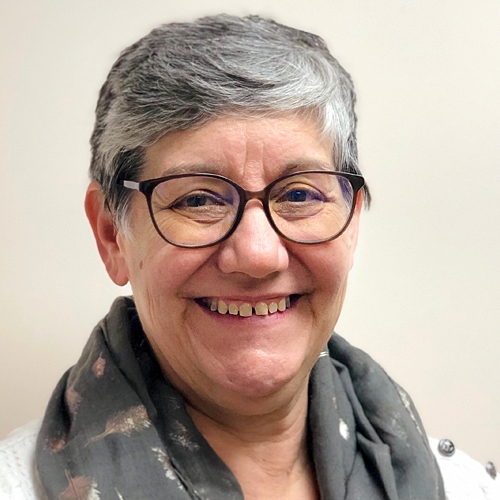
The Impact of Tongue-Tie on the Musculoskeletal and Nervous Systems

Dr. Sharon A. Vallone is a graduate of Rutgers University (AB Microbiology 1978) and New York Chiropractic College (1986). She completed her Diplomate in Clinical Chiropractic Pediatrics in 1996 through Palmer College and received her appointment as Fellow in Clinical Chiropractic Pediatrics in 2003. Dr. Vallone has a private practice limited to high risk pregnancies and challenged children in Connecticut and is currently the Chair of the Board of Kentuckiana Children’s Center in Louisville, KY and past Vice Chair of the International Chiropractic Association’s Council Pediatric Council. She is an international speaker, author, and editor of the Journal of Clinical Chiropractic Pediatrics. Sharon brings 33+ years of pediatric chiropractic experience with a primary interest in pregnancy, birth trauma, breastfeeding and problems with infant /toddler neurodevelopment.
Topic: Wondering about “The Wanderer?” The Vagus and Ankyloglossia - [View Abstract]
The impact of tethered oral tissues on the fascial system of the neonate can be the origin of both successful and unsuccessful compensatory biomechanical alterations in an attempt to breastfeed. These biomechanical alterations can manifest as asymmetries in appearance and function as well as in behavioral challenges ranging from sleep disturbance, colic like symptoms and inconsolable crying. It is important to understand these issues when looking at the whole picture so as to improve outcomes when surgical interventions are required. The goal of this lecture will be to support the attendees with understanding the relationship between structure and function and how this ties in with physical limitations like tongue and lip tie, the biomechanical assessment and discussion of manual therapies available to assist the breastfeeding dyad.
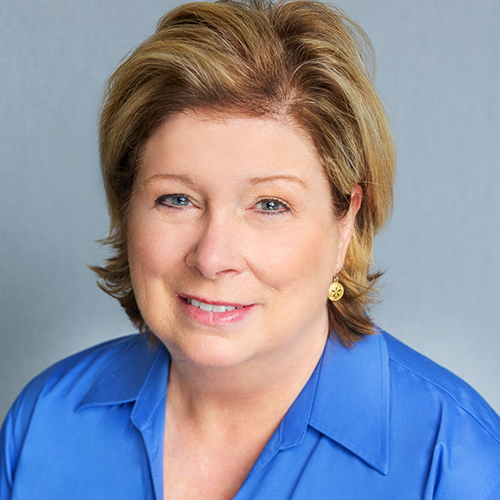

Dr. Scott is the coordinator of the advanced practitioner group for Mednax Medical Group in Nashville, Tennessee as well as the coordinator of the neonatal transport service at Centennial Medical Center, also in Nashville. She is also an assistant professor in the neonatal nurse practitioner program at Vanderbilt University School of Nursing. For the last few years, she has become interested in the use of telemedicine in neonatal care and works with a Neonatology practice that actually practices using telemedicine in Level I and II facilities. She is also involved in quality improvement at the state level through her work with the Tennessee Initiative for Perinatal Quality Care.
Patti received her Bachelor’s Degree in Nursing from Vanderbilt University in 1988. Her Masters of Science Degree in Nursing with a specialty in neonatal critical care was completed in 1993 from Vanderbilt University and her Doctorate in Nursing Practice from the University of Tennessee Health Science Center. She has successfully completed the National Certification Corporation's Neonatal Nurse Practitioner, Neonatal Pediatric Transport, and the Neonatal Intensive Care examinations.
Patti is a member of several nursing, advanced practice, and neonatal professional organizations. She is an active NRP and S.T.A.B.L.E. instructor and has developed and provided numerous neonatal educational courses for staff.
The use of telemedicine is an emerging trend in health care, this includes neonatal care. Benefits include real-time access to experts routinely and during emergency situations such as delivery room resuscitations and stabilizations, the ability for families to stay connected to their newborn in the Newborn Intensive Care Unit (NICU) after the mother has been discharged from the hospital, and to assist in the decision for transport of the newborn to a higher level of care. Several studies have documented the reduction in transfers from community hospitals since telehealth has been implemented in the nursery. Limitations include the need for knowledgeable and experienced providers to be at bedside, physicians who are familiar with advance practice providers and their abilities, and the technical challenges that can present and have to remedied.
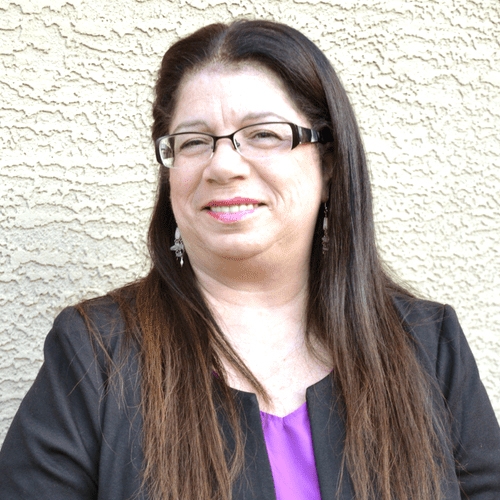

Lori J. Isenstadt, IBCLC, CCE, CBD, began her IBCLC career in 2 large hospitals and a local breastfeeding clinic. In 2007, she opened her practice, All About Breastfeeding, offering private consultations, and breastfeeding classes. Her expertise ranges from basic breastfeeding through the most complicated of breastfeeding challenges. In the last 30 years, Lori has taught breastfeeding classes to over 8000 parents where she focuses on what they should expect in the early days of breastfeeding. Lori is a member of Toastmasters International and enjoys speaking about mothering and breastfeeding. Lori is the host of All About Breastfeeding, a podcast where she interviews mothers, authors, researchers and physicians about topics related to breastfeeding. Lori believes that breastfeeding is a family affair. To help support her mission to educate families as well as corporations and business owners about breastfeeding, she has recently released the most comprehensive audio breastfeeding masterclass. She has produced over 300 shows many of which focus on breastfeeding educational topics. On a personal note, Lori resides in Phoenix, AZ is married to Alan for 38 years and is the mother of three adult children. Lori can be reached by email: [email protected] and website: www.aabreastfeeding.com
Topic: The Good news about delivering bad news: how to present difficult information to parents - [View Abstract]
Topic: The Original Foster-Mother Were Wet Nurses - [View Abstract]
The historical evolution of infant feeding includes direct breastfeeding, wet nursing and bottlefeeding. Before the invention of bottles/ vessels to feed babies, wet nursing was the safest and most common alternative way to feed a baby. As bottles and nipples were developed, scientific advancement improved formulas, wet nursing fell out of favor. It gradually went from being widely accepted as the most normal way to feed a baby to where we currently are as a modern society. It is negatively seen as being weird and risky behavior. When mothers do not breastfeed or give their babies human milk, they use formula to feed their babies. Given the current knowledge of lack of complete nutrition formula has more mothers are showing an interest and actively pursuing wet/cross nursing. This presentation will help us understand the history of wet nursing and offer reasons to support, advocate and be encouraging to mothers who want to participate in the practice of wet/cross nursing.

View Details / Enroll
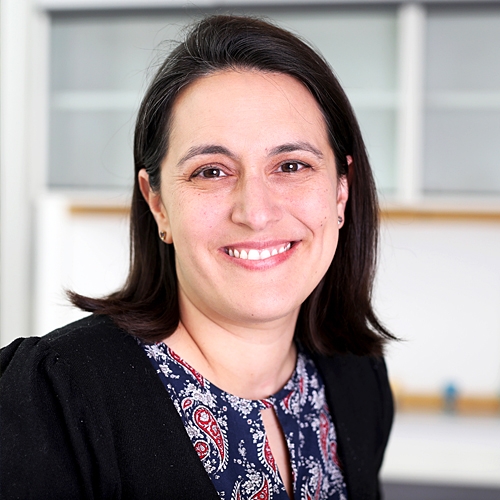

Dr Natalie Shenker is a former surgeon, scientist, and the cofounder of the Human Milk Foundation, which aims to ensure more babies are fed with human milk. As well as supporting a range of educational and research studies, the HMF aims to ensure assured access to screened donor milk through a network of human milk banks based on the cost-effective innovative model of the Hearts Milk Bank (HMB). Milk banks provide screened breastmilk to premature babies whose own mothers need time to establish breastfeeding, protecting them from a range of life-threatening complications and supporting the mother to breastfeed. The HMB has been operating in the UK for 18 months, and has supported neonatal units as well as families in the community where breastfeeding is impossible or taking time to establish.
Evolution has created human milk as a way to protect the baby postnatally, patterning the immune system and microbiome, and providing diverse developmental cues for each organ system to develop normally. Milk also provides nutrition. When screened donated human milk (DHM) is available, mothers facing the most stressful circumstances of having an ill premature baby tend to have high chances of establishing breastfeeding. If donor milk is used appropriately as a bridge to lactation, they are less likely to perceive that their bodies have failed. The work of the Hearts Milk Bank over 18 months have laid the foundation for a UK-centred drive to upscale milk bank capacity, facilitate research to determine the optimal use of donor milk, and support a shift in perception about the role of human milk, underpinned by the latest science.

View Details / Enroll




